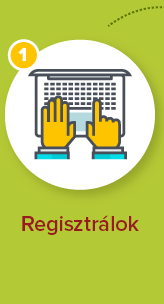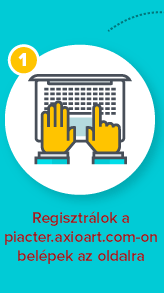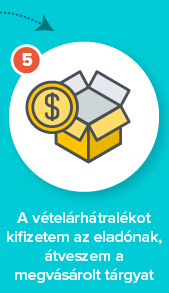| auction house |
Hereditas Antikvárium |
| date of auction |
d-m-Y H:i |
| title of auction |
Fair Partner ✔
12. Könyvárverés |
| date of exhibition |
2024. szeptember 23 - október 3. | hétköznap 11.00 - 17.00 óráig |
| auction contact |
+36 30 442 1386 | info@hereditasantikvarium.hu | www.hereditasantikvarium.hu |
| link of auction |
https://axioart.com/aukcio/2024-10-04/12-konyvarveres-hereditas |
222. item
Lyczei, (János) Joannes: Iter oeconomicum, duodena stationum...
Tyrnaviae, 1707. Typis Academicis. (22)+301+(1)p.
An interesting piece from the early period of Hungarian economic literature. The work was mainly intended for landowners, and the author wanted to contribute to increasing their income with his advice on the use and improvement of administration and accounting (urbariums and inventories). At the same time, it provides exciting, resourceful descriptions of the facilities, which play a role in the management of the castle, the manor, the market town, and the village, from the kitchen and the wine cellar through the mill to the various craft workshops, but the printing house, the library, the school, and the church are not left out either. He describes in detail their appropriate location and ideal equipment, and in some cases, he also provides historical background (for example, he mentions Matthias Corvinus’ library). Finally, the book describes the most important farm animals. At the same time, the work can be considered the end of an era. After the expulsion of the Turks and the end of the Rákóczi’s War of Independence, a different kind of literature was required for the changing agriculture.
19th-century half leather.
RMK II 2296.





















 VÉTELI MEGBÍZÁST ADOK
VÉTELI MEGBÍZÁST ADOK



















